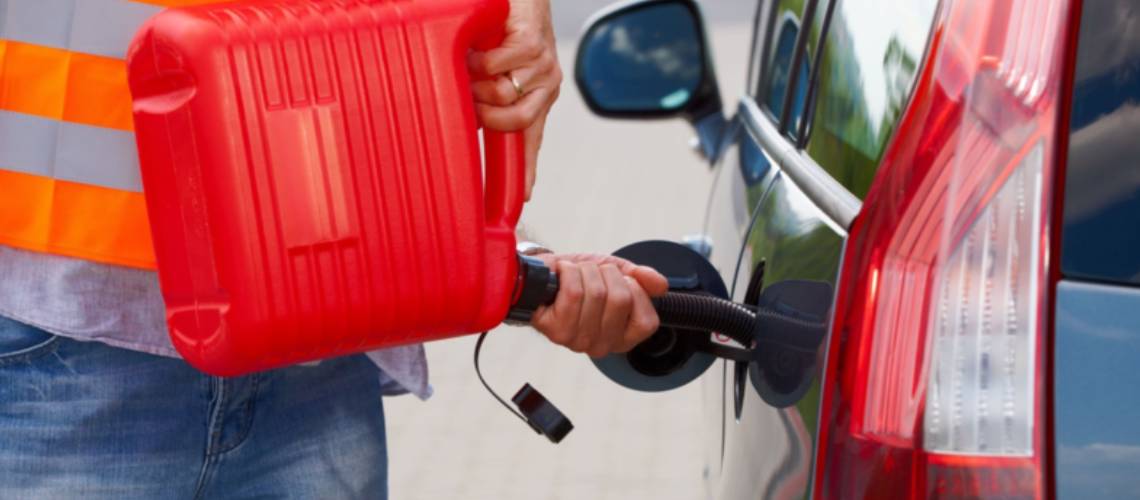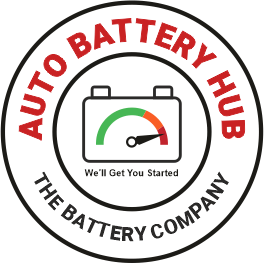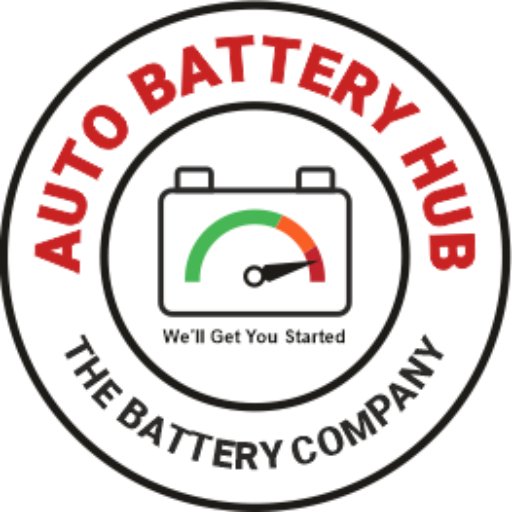
Mobile fuel delivery is convenient, especially in large cities and remote areas. A driver can run out of fuel anywhere: in traffic, in the middle of the desert, or even at home. That’s when emergency fuel delivery services come to the rescue.
Who Can Use The Service?
The service is a lifesaver for:
Private Vehicle Owners
- Individuals who have run out of fuel while driving.
- Often used in urban areas, on highways, or in remote locations.
Fleet Operators
- Businesses managing commercial vehicles like delivery vans and taxis
- Helps minimize downtime due to fuel shortages.
Emergency Vehicles
- Backup or direct fueling for ambulances, fire trucks, and other emergency vehicles
- Helps to get back on the road quickly during critical situations
Residents in Remote Areas
- People living far from fuel stations can rely on this service.
- It serves as a regular or backup option.
The Working of an On-Demand Fuel Delivery Service
The process is simple. You can either use a mobile app or call the service provider directly to share your location, along with the type and amount of fuel you require. Within a few minutes, a professional will arrive, refuel the tank, and help you return to the road.
The service is highly reliable and available 24/7, ensuring you are never stranded and delivering fuel to your location promptly.
Security Measures
The primary concern is the security of transactions and the authentication of the customer and vehicle. To avoid fraud, the leading service providers use two-factor authentication, data encryption, in-app ID checks, and even RFID tags. These tags can be embedded in the fuel nozzle to recognize the vehicle automatically. Additionally, some suppliers implement tamper protection and GPS tracking to monitor fuel movement.
Technology That Makes the Service Smart
Listed below are the key technologies that make the service smart and efficient:
GPS and Real-Time Location Tracking
- Enables customers to share their exact location instantly.
- Helps drivers find the fastest route and avoid delays.
Mobile Applications
- Users can request fuel, choose fuel type/amount, and track delivery in real time.
- Offers secure payment gateways and order history tracking.
Smart Routing Algorithms
- Uses AI to optimize delivery routes based on traffic, weather, and proximity.
- Reduces response time and fuel costs for providers.
Automated Dispatch Systems
- Assigns the nearest available technician based on availability and proximity.
- Ensures quick and efficient service allocation.
Digital Fuel Gauges & Vehicle Diagnostics
- Integrates with connected cars to detect low fuel and auto-request delivery.
- Prevents breakdowns by predicting when refueling is needed.
IoT Sensors in Delivery Vehicles
- Monitors fuel quantity, vehicle performance, and delivery status.
- Ensures compliance, safety, and operational efficiency.
Cloud-Based Management Platforms
- Enables seamless coordination between customer requests, dispatch, and delivery personnel.
- Tracks service analytics and improves operational decision-making.
Secure Digital Payments
- Allows users to pay via credit card, mobile wallets, or contactless options.
- Speeds up the process and reduces the need for cash handling.
What an Ideal App Should Include?
A high-quality fuel delivery application should include the following features:
- User registration
- Profile and vehicle management
- Selecting the type and volume of fuel
- Payment via secure gateways
- Real-time tracking
- Delivery confirmation
- Supplier rating and reviews
These features make the process transparent and build user trust.
Why Emergency Fuel Delivery is Important in Dubai?
On-demand fuel delivery is especially important in Dubai, where cars play a key role in everyday life. A sudden stop of the vehicle in high temperatures, heavy traffic, and remote areas can cause a lot of problems and delays. An emergency fuel delivery service, thus, helps solve this problem and provides a quick solution. The driver promptly receives the right type and volume of fuel directly at the place. This is convenient at night, on weekends, and on holidays, when gas stations may be unavailable. Such service makes travel comfortable and safe. It saves time, reduces stress, and helps you feel more confident on the road.
The Future Of Emergency Refueling Service
Fuel delivery services will continue to develop rapidly. Artificial intelligence technologies are already being introduced to optimize routes. Solutions involving autonomous refuellers and integration with smart city systems are being considered. In the future, it will even be possible to use drones to deliver small volumes of fuel to hard-to-reach places. Overall, the future promises a highly responsive, tech-driven solution to fuel emergencies, offering even more safety and convenience on the road.


